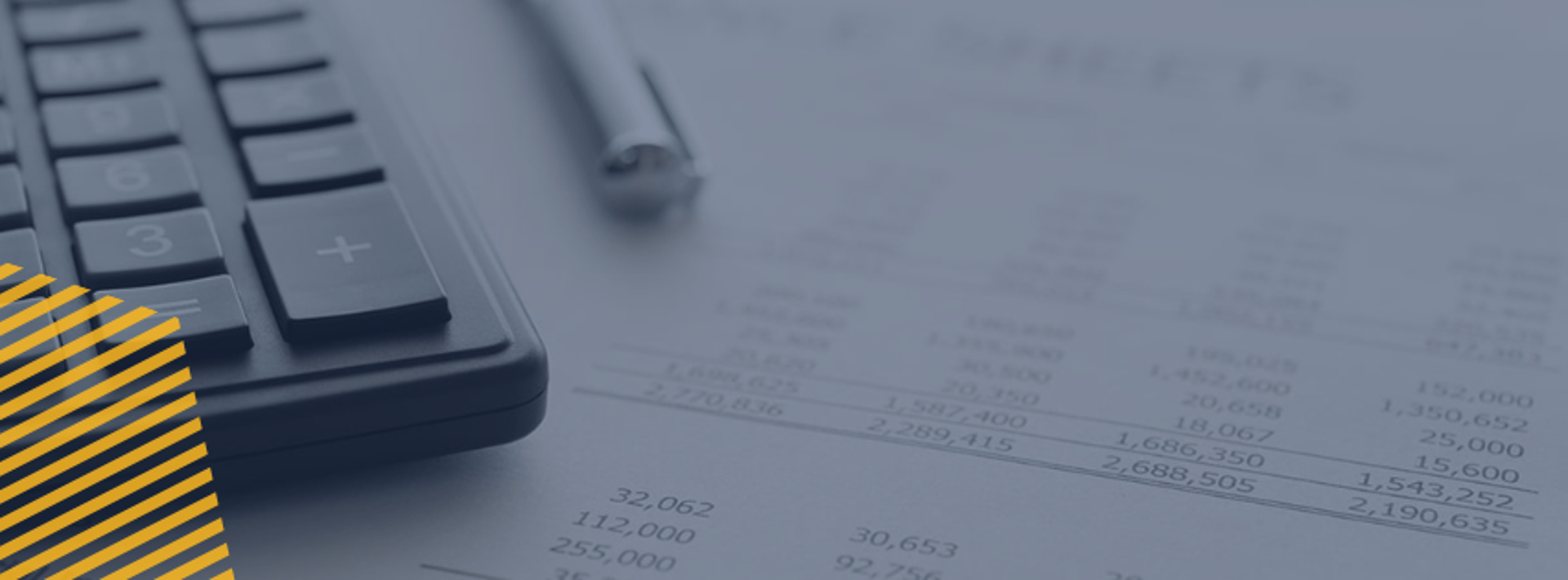
YEAR-END ACCOUNTS
Year End Accounts for Sole Traders & Statutory Accounts for Limited Companies
When it comes to running a business, staying on top of your financial reporting is essential – not just for compliance, but for understanding how your business is really doing. Whether you're a sole trader or a limited company, preparing year end accounts is a key part of your responsibilities. However, the requirements differ depending on your business structure.
Sole Trader vs Limited Company – What’s the Difference?
Sole traders and limited companies are treated differently for accounting and tax purposes.
Sole trader year end accounts are generally simpler and are used to complete your Self Assessment tax return. They are not legally required, though highly recommended.
Limited companies, on the other hand, must prepare statutory accounts in a set format and file them with Companies House and HMRC, they are a legal requirement. These accounts are more detailed and follow specific legal requirements.
Year End Accounts for Sole Traders
As a sole trader, you must keep accurate records of your income and expenses throughout the year. At the end of your accounting period you’ll need to prepare your year end accounts. These figures form the basis of your Self Assessment tax return, which determines how much income tax and National Insurance you owe.
Why Are They Important?
They help you understand how your business is performing.
They ensure you're paying the correct amount of tax.
They provide a financial record in case you need to apply for a mortgage, loan or investment.
How We Can Help
We’ll take care of your accounts preparation, so your tax return is accurate and submitted on time. No stress, no last-minute panic, no HMRC penalties!
Statutory Accounts for Limited Companies
If you operate a limited company, you must prepare statutory accounts every year. Unlike sole traders, this is a legal obligation, even if the company hasn’t traded or made a profit.
All UK limited companies must prepare and file statutory accounts with:
Companies House
HMRC (as part of your Company Tax Return)
What Do Statutory Accounts Include?
A balance sheet (what the company owns and owes)
A profit and loss account (income, expenses, and profits)
Notes to the accounts
A director’s report (in some cases)
These accounts must follow a set format (known as UK generally accepted accounting principles or GAAP)
Why Are They Important?
It’s a legal requirement – failing to file on time can result in penalties of up to £1,500 or more
They give clarity to owners, investors, lenders, and suppliers
They show a clear financial picture of your business
How We Can Help
We’ll prepare your statutory accounts accurately and in line with all current regulations. We’ll also ensure everything is filed on time, helping you avoid late filing penalties and keep your business in good standing.

Coach Road, Brotton, Saltburn-By-The-Sea, TS12 2SE, United Kingdom
Copyright © 2025 Robinson & Reilly Accountancy Services - All Rights Reserved.
Michael Robinson and Gemma Reilly are licensed and regulated by AAT under licence numbers 20270327 and 1005974. AAT is recognised by HM Treasury to supervise compliance with the Money Laundering Regulations and Robinson and Reilly Accountancy Services is supervised by AAT in this respect.
